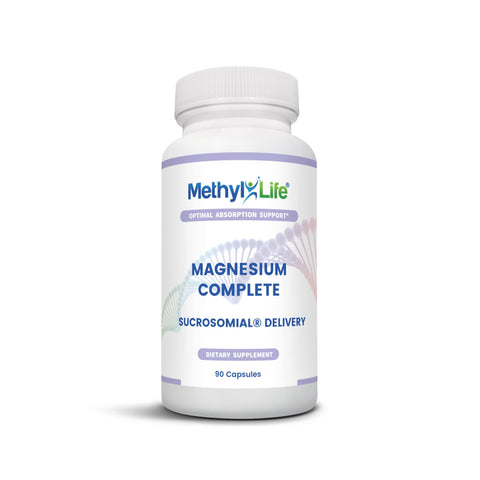Magnesium is an essential part of our body’s chemical reactions. In fact, it’s essential to more than 300 biochemical reactions in our body that happen simultaneously. For those that are deficient in this mineral (and this is a large percentage of the population due to its lack in our current food supply), proper supplementation will be recommended.
What does magnesium do for us, anyway? Not only will it help convert food into energy, but it will aid in the creation of proteins, muscle movements, regulating neurotransmitters, and repairing/forming new DNA and RNA.
Outside of that, magnesium can indirectly help your athletic performance, fight depression, lower blood pressure, promote a healthy heartbeat, and has anti-inflammatory properties.











